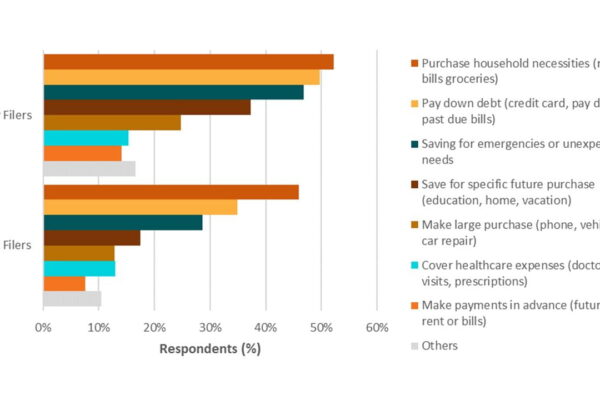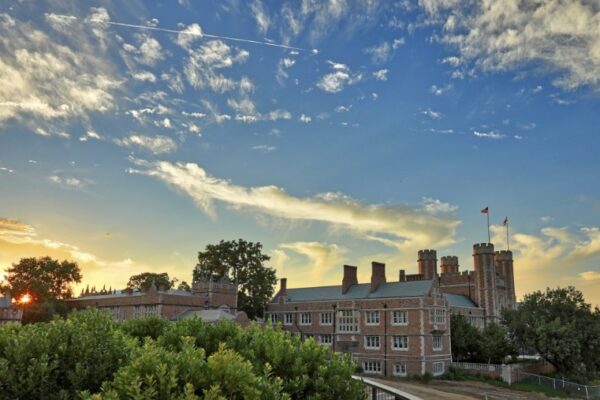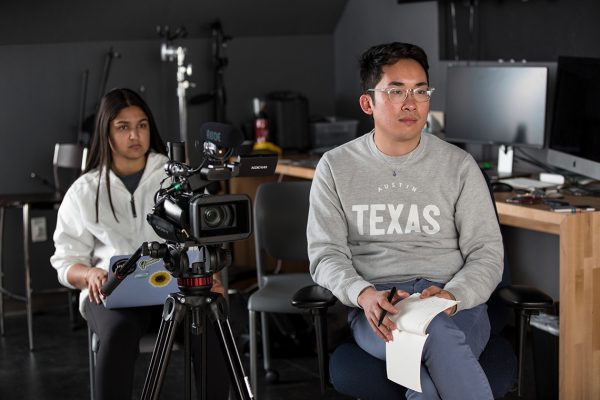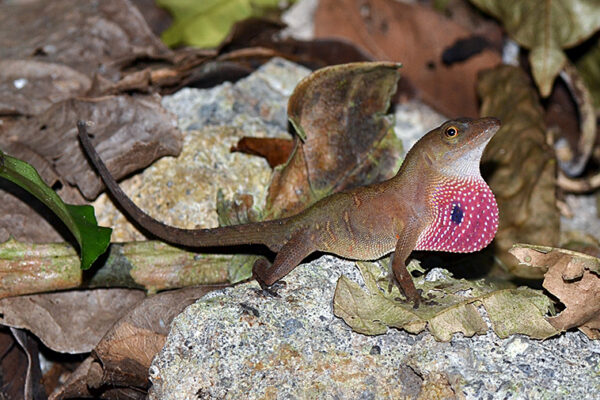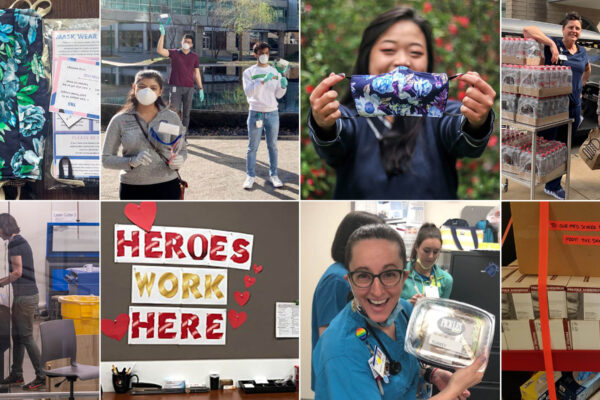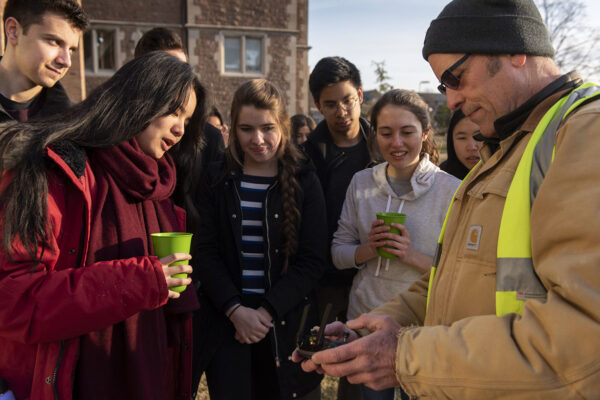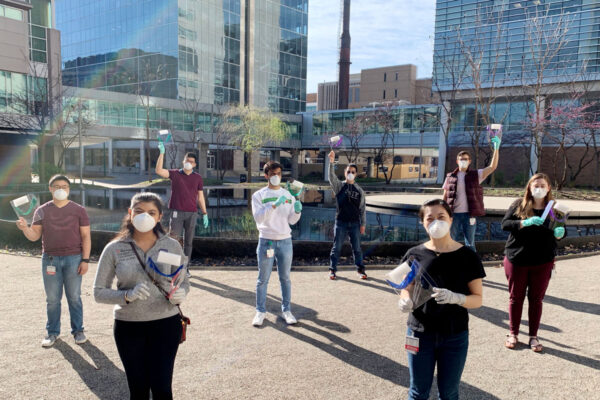WashU Expert: What tax refunds tell us about use of CARES payments
A $2 trillion, bipartisan relief package was signed into law on March 27 to address economic downfall fueled by the COVID-19 pandemic. Will it help? Research examining how households use similar payouts, like the tax refund, can help shed light on what households might do next, says an expert on asset building at Washington University’s Brown School.
Loyalty programs boost businesses’ ability to keep customers
In business, simple loyalty programs can strongly increase customer retention, Washington University in St. Louis researchers have found. These Olin Business School scientists studied a loyalty program at a chain of men’s hair salons, collecting data on more than 5,500 customers. Under the program, for every $100 a customer spends, he gets a $5-off coupon.
Board of Trustees grants faculty appointments, promotions
At the Washington University in St. Louis Board of Trustees meeting March 6, several faculty members were appointed, promoted or granted tenure, effective July 1 unless otherwise indicated.
Video series ‘WashU Between the Lines’ launches in time of uncertainty
In the video series “WashU Between the Lines,″ students share honest, personal stories about their lives on campus. Students Shelly Gupta and Rory Mather, both subjects and co-creators of the series, hope the project will encourage students to get to know each other, as we say at Washington University, by name and by story. And not just the stories posted on Instagram or Facebook.
Clinical trial launches to evaluate antimalarial drugs for COVID-19 treatment
Washington University School of Medicine is launching a clinical trial for patients hospitalized with COVID-19 at Barnes-Jewish Hospital. The study will investigate whether two different antimalarial drugs, including hydroxychloroquine, alone or in combination with a common antibiotic is effective in treating COVID-19 patients.
$1.2M grant to study evolution of Central American lizards
A research team led by Jonathan Losos, the William H. Danforth Distinguished Professor and professor of biology in Arts & Sciences at Washington University in St. Louis, was awarded $1.2 million for a CRISPR-based gene editing study of Central American lizards.
Coming together to support the St. Louis community
As Washington University in St. Louis researchers and physicians join the fight to halt COVID-19 proliferation across the globe, our staff, students and doctors are working tirelessly to care for the St. Louis community we call home.
Arts & Sciences launches environmental analysis major
Washington University in St. Louis now offers a major in environmental analysis though the Environmental Studies program in Arts & Sciences. The major is a response to the global demand for environmental and sustainability experts who can think critically, communicate clearly and solve problems in collaboration with their communities.
Medical Campus students mobilize to help health-care workers, community
As the novel coronavirus has accelerated its spread throughout the Midwest and across the U.S., scores of students on the Washington University Medical Campus have mobilized to support health-care workers and the St. Louis community in the fight against the global pandemic.
Maintaining health, wellness and well-being connections
It’s important to feel connected to our community and to practice self-care during this uncertain time. That’s why Washington University’s human resources team moved quickly to adapt programming and migrate many of its offerings to an online format.
View More Stories
